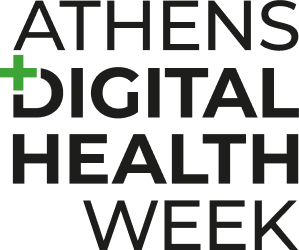The Athens Digital Health Week (ADHW) served as a landmark event, not only showcasing the strides Greece is making in the digital health domain but also underscoring the vital collaborative efforts needed to advance healthcare services through technology, towards a digitally empowered healthcare system.
During the ADHW, on January 16th, IDIKA organized a pivotal closed workshop, “Greek Interoperability Framework Decision Makers Forum Leaders”, bringing together key stakeholders from all interested parties, focused to finalize the governance model of a National eHealth Interoperability Framework (NeHIF), a transformative initiative aiming at resolving the persistent challenges of interoperability within the healthcare sector, highlighting this crucial step towards a coordinated digital transformation in healthcare in Greece.
The workshop facilitated a rich dialogue on how to best leverage the NeHIF for the benefit of all citizens, bringing to light the collaborative effort required from all stakeholders in the health sector. This collaborative approach is essential for achieving the digital transformation goals, offering Greece a unique opportunity to enhance its healthcare services through digital innovation and inclusion.
The workshop underscored the importance of interoperability—the capability of different information systems, devices, and applications to work together seamlessly—to the digital transformation of healthcare. Establishing the NeHIF is seen as a stride towards creating a unified framework for digital healthcare transformation in Greece, aiming for a system where information flows smoothly and securely across the healthcare ecosystem. This framework is designed to streamline data exchanges across the healthcare sector, enhancing governance, rationalizing health services, and improving patient outcomes.
The NeHIF project
Key presentations during the workshop focused on the review of the NeHIF project and IDIKA’s proposal for governing digital health transformation. These discussions highlighted the critical nature of interoperability in the digital age and the necessity for a comprehensive approach that tackles legislative, technical, semantic, and organizational challenges.
In 2021, the Greek Ministry of Health implemented under the DG Reform mechanism a first version of a National eHealth Interoperability Framework (NeHIF), taking into consideration the EU policies and recommendations and more specifically the Refined eHealth Interoperability Framework as proposed by the EU eHealth Network.
Since then, Greece has submitted an extensive and ambitious program about the digital transformation in Healthcare under the Resilience and Recovery Fund (RRF) mechanism. The NeHIF will serve as the backbone of Greece’s healthcare digitalization, providing a standardized protocol for data exchange across the health sector. This initiative is critical for the operational success of the Recovery and Resilience Facility (RRF) projects, particularly the National Electronic Health Record (EHR). By facilitating the interoperable exchange of data, NeHIF ensures that the National EHR can function as envisioned, offering a unified, secure, and comprehensive digital record of patients’ medical histories.
Furthermore, IDIKA, as the National Contact Point for eHealth (NCPeH), is implementing cross border services under myHealth@EU, ensuring that patients can receive care anywhere in the European Union with seamless access to their health records.
NeHIF’s European reach
In this context, the NeHIF is not just a national project but also a part of a larger, Europe-wide effort to harness digital technologies for better health outcomes, more accessible services, and enhanced healthcare governance. The implementation of a National eHealth Interoperability Framework aims to integrate and standardize electronic health services across the nation and beyond its borders
Greece’s efforts in digital healthcare transformation are part of a broader ambition, leveraging EU policies and recommendations and aligning with international standards to enhance cross-border collaboration and interoperability. This alignment ensures that Greece’s digital health services are not only compatible nationwide, but also contribute to a more integrated European and international digital health community.
Moreover, the workshop highlighted the critical role of interoperability in healthcare, especially as services increasingly digitize. The ability to exchange information securely and efficiently between disparate systems is crucial for a healthcare system that aims to provide high-quality, efficient, and personalized care to its citizens. Addressing the digital divide and ensuring that technological advancements in healthcare are accessible to all is also essential for realizing the full benefits of digital health.
This initiative reflects a broader trend towards digitization in healthcare, both globally and within Europe. The push for interoperability is not merely about technological integration but about creating a more responsive, efficient, and patient-centered healthcare ecosystem. By overcoming information silos and enabling real-time, secure data exchange, countries can improve healthcare outcomes, reduce costs, and offer a more personalized approach to patient care.
In conclusion, the workshop during the Athens Digital Health Week was a significant milestone as Greece moves towards a more digitized future in healthcare. The NeHIF is pivotal in shaping a national and European healthcare ecosystem that is efficient, safe, and focused on the patient. Through collaborative efforts and a commitment to interoperability, Greece is taking important steps towards realizing a digitally empowered healthcare system that benefits all citizens.



